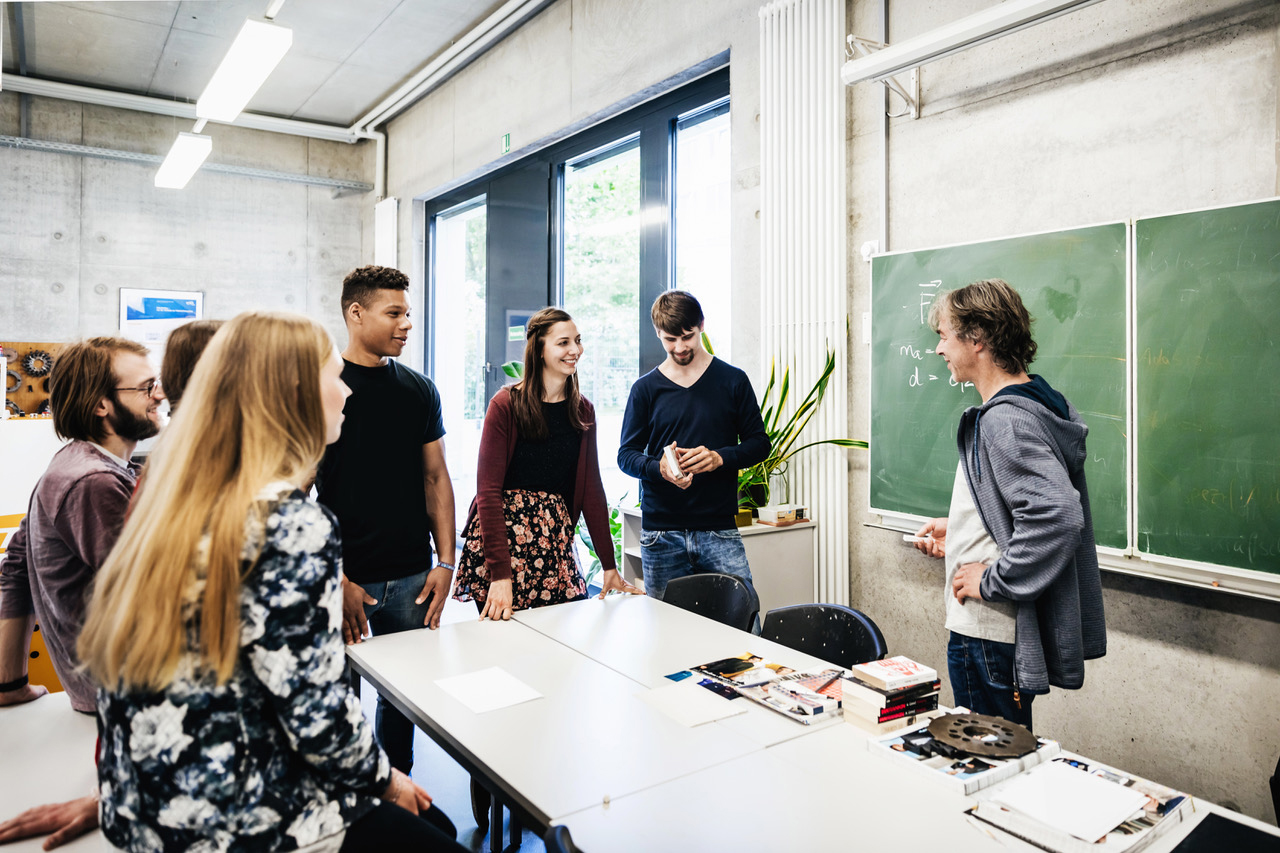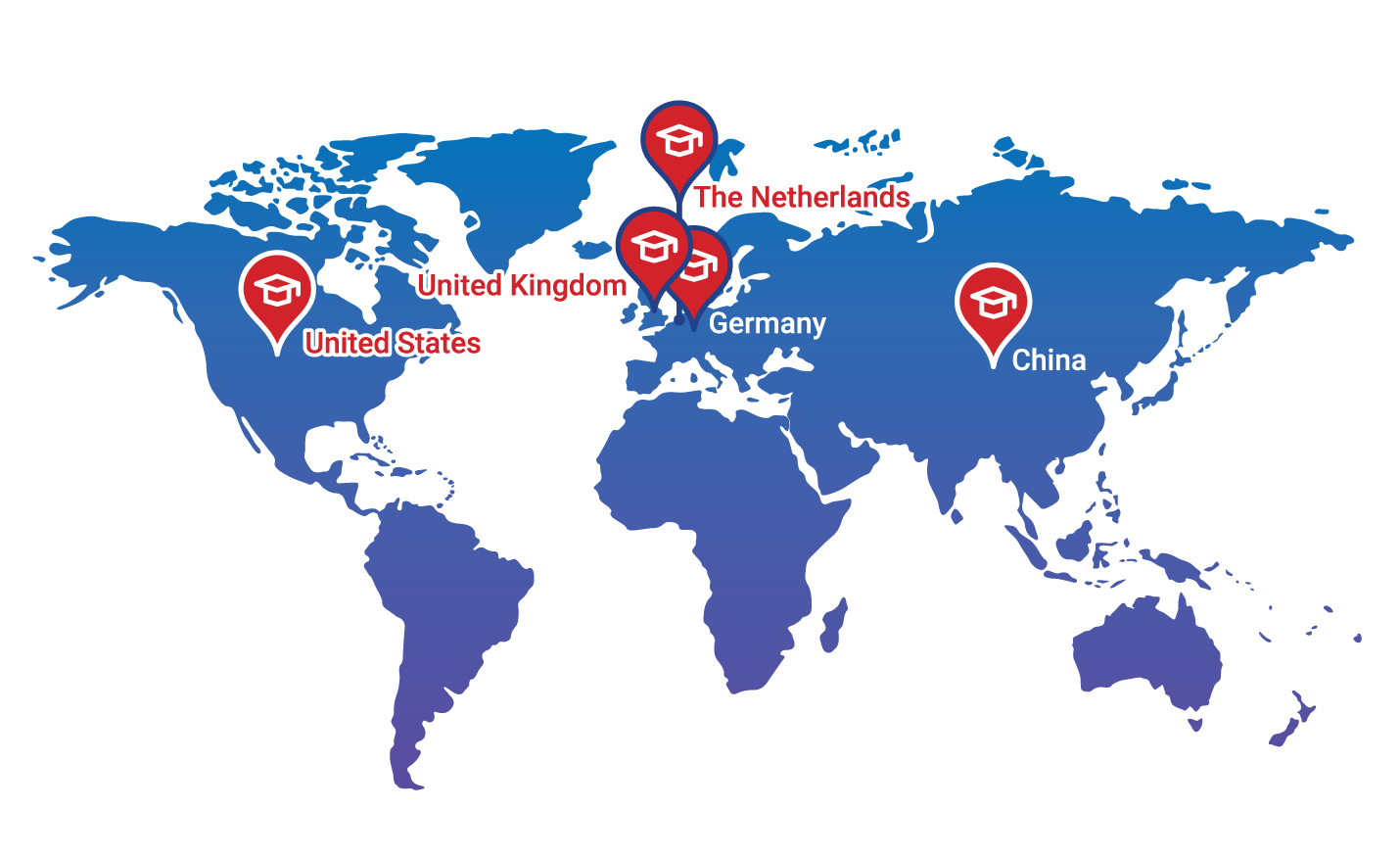Quantum education
Quantum technologies are set to continue to grow—but is our future workforce ready to embrace them?
Carmina Almudever & Aletta Meinsma
A Need for Knowledge
Quantum computing has been a very promising topic in recent years as quantum computers hold the promise to efficiently solve some kind of hard problems that cannot be inherently solved by even current and future classical supercomputers. Thanks to the efforts of quantum computing experts from both companies and academia, quantum technologies have become more mature despite their youth. With the advent of the first functional quantum processors in the form of full-stack quantum computing systems, and with the prospect that larger quantum devices integrating hundreds or even thousands of qubits will be delivered in the next 5 to 10 years, the need for quantum computing training is becoming crucial, not only in its physics-oriented aspects but also in its more engineering-oriented ones.
This need for offering training and education on quantum engineering and technologies has also been identified by the European Quantum Flagship programme, which in 2019 launched a call on “Training and Education on Quantum Technologies” (FETFLAG-07-2020). As mentioned in the call, “the expected impacts of this initiative are: i) the development of a European quantum education community and education research agenda towards modern, quality-controlled education in quantum technologies and engineering; ii) the establishment of high quality quantum engineering programmes across the union addressing industry needs; and iii) create the first generation on joint MsC students connected to industry and more broadly preparing a skilled young future workforce in quantum technologies and engineering ready to be employed by the European industry”. In addition, the quantum community in their Strategic Agenda called for Coordination and Support Action (CSA) to fulfill an intermediate need to coordinate all efforts on public education and out-reach and at all levels including schools, universities, industry and general public. As a result, a project for Quantum Technology Education (QTEdu) was launched in September 2020, whose goal is to assist the European Quantum Flagship with the creation of the learning ecosystem required to inform and educate society about quantum technologies.
The Role of Academia
Currently, several universities in Europe and around the world already offer Master and Minor programmes, tracks and specializations in quantum science, engineering and technology to train physicists, mathematicians, computer scientists and engineers in the multidisciplinary field of quantum computing. Note that developing a universal large-scale quantum computer requires contributions from several fields of study. Universities try to cover all layers of the quantum computing system in their education: from quantum materials and quantum devices, through classical control electronics, and up to quantum compilers, quantum programming languages, quantum algorithms, quantum applications as well as other related quantum fields such as quantum communication and cryptography and quantum metrology and sensing.
At this stage, it would make sense to make the education on quantum computing a joint effort. For instance, with the coordination of a national master programme combining forces from different universities – including ethical, legal and societal (ELSA) aspects that are currently missing – to create a strong and potentially broad and multidisciplinary master program. Furthermore, if the demand continues like this, a completely new and more specialized and focused programme could arise (e.g. a quantum technologist). In addition, most of the educational programmes target master levels but it is expected that in the next years programmes in quantum computing for bachelor students are developed.
Developing a universal, large-scale quantum computer requires contributions from several fields of study.
What about educating other audiences? Several universities in the Netherlands have already been organizing outreach activities aimed at secondary school students, and the subject of quantum mechanics is included in the Dutch secondary school’s educational programmes. With this kind of initiatives students might be more open to the field of quantum mechanics because they become familiar with its counterintuitive laws at a younger age. Focusing on another group, we need people who have gained practical skills throughout their education for actually building quantum devices. This could be an opportunity for Universities of Applied Sciences (hbo) to offer practical quantum specializations to their students. And finally, we envision that in the future, there will also be a need for training end users (i.e. companies) as they should be able to use quantum computers for solving their problems. In this specific case, the involvement and support of academia is debatable. Should academia offer this kind of courses and, as a return, gain input from the industrial sector on possible use cases? Or should this need be covered by a different sector?
An Emerging Challenge
Quantum computing, in its more practical or experimental form, is an emerging field of research. Similar to other topics such as artificial intelligence (AI) or neuromorphic computing, this requires academia to move and adapt fast to the increasing need of educating and training students that get these crucial new skills.
This means that although some “conventional” courses (i.e. courses taught in other engineering/physics/mathematics programmes) can be included in quantum computing education from different disciplines, and some books already exist for teaching the fundamentals of quantum information and computation, completely new courses need to be developed from scratch based on the research activity and progress. Therefore, having enough critical mass to fulfill the increasing demand might be the first challenge the quantum community will be facing.
As any multidisciplinary field, quantum computing requires researchers from different areas of expertise to work together. The challenge here is to find a common language so that they can easily understand each other. What are effective ways to teach quantum mechanics to engineers, such that they’ll be able to speak effectively with their physics colleagues? Or the other way around, how to teach engineering or computer science courses to physicists? Or even, what are the boundaries between the different disciplines? That is, how much should an engineer learn about quantum physics? Or how much should a physicist know about quantum algorithms?
In addition, as quantum computing is still in its infancy, education on quantum computing will be certainly affected by the progress in this topic. (Re-)designing and creating new teaching materials for even different target audiences (e.g. industry) will also probably be a difficult task.
We don’t have the answers yet but would like to predict the following: that the next couple of years will prove to be very interesting times for the field of quantum education.
Who
We spoke with educational stakeholders from academia and industry.
What
We asked the stakeholders to outline future opportunities and challenges in quantum education.
Takeaways
Quantum education can be improved by making it collective: a joint effort between institutions.
A common language of quantum principles is needed for different disciplines to effectively work together.


